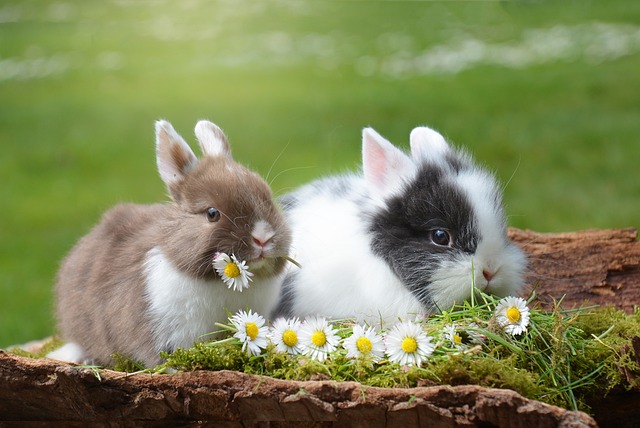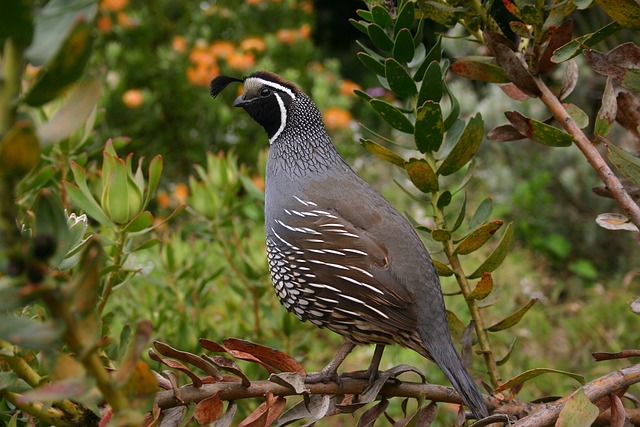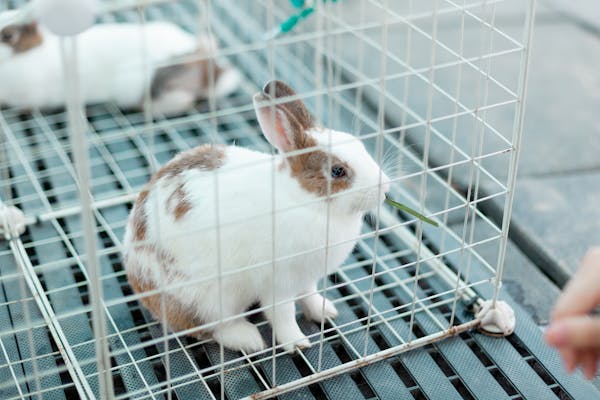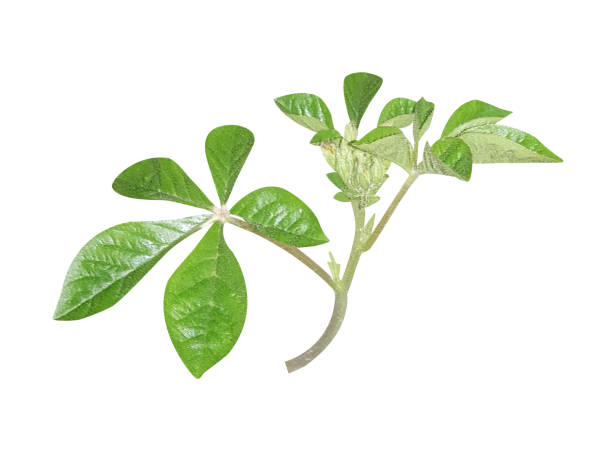
10 Useful things to Know About Rabbit farming| Agro Investment
Rabbit farming (also known as cuniculture ), a lesser-known but highly profitable sector within the broader field of animal husbandry, is a practice gaining fast popularity. These little creatures are not just adorable pets; they also serve as a sustainable source of high-quality meat, wool, organic manure and Income as well. They reproduce rapidly and have a short growth period, which makes them a cost-effective choice for farming. Here are 10 useful things to know before investing in rabbit farming.
1. Breeds:
There are many rabbit breeds suitable for farming, such as New Zealand White, Californian, and Chinchilla, known for their meat production. Other breeds like Angora are raised for their wool.
- Housing:
Rabbits can be housed in hutches, cages, or colony systems, depending on the scale and purpose of the farm. The housing should provide protection from predators, proper ventilation, and enough space for the rabbits to move comfortably.
- Feeding:
Rabbits are herbivores and they thrive on simple, inexpensive, and widely available food such as green leaves, vegetables, and even kitchen scraps. This makes feeding them relatively easy and economical. They also need a small amount of commercial rabbit feed to ensure they get all the necessary nutrients.
- Breeding:
Rabbits are prolific breeders, so managing breeding is important to avoid overpopulation. Breeding should be done with the goal of improving the quality of the herd or meeting market demands.
- Health Care:
Rabbits are susceptible to various diseases and parasites, so regular health checks and vaccinations are essential. Good hygiene practices in the rabbitry can also prevent diseases.
- Marketing:
Rabbit meat and wool can be sold to local markets, restaurants, or furriers. Some farmers also sell rabbits as pets or for breeding stock.
- Regulations:
Check local regulations and zoning laws before starting a rabbit farm, as some areas may have restrictions on keeping livestock.
8. Benefits of Rabbit Farming:
- They produce excellent organic manure, and their feed-to-meat conversion ratio is better than that of other larger animals, meaning they require less food to produce the same amount of meat, making them a sustainable protein source.
- They have a short gestation period and reach market weight quickly.
- The meat of rabbits is white and tender, with a flavor very similar to chicken. It is low in fat and cholesterol, making it a healthy alternative to other meats.
- The wool from rabbits, especially the Angora breed, is softer than sheep's wool and is highly sought after in the textile industry.
- They produce excellent organic manure and Rabbit farming has a lower environmental impact compared to other livestock farming
9. Challenges of Rabbit Farming:
- Disease management can be challenging, especially in larger operations.
- Market demand for rabbit meat and wool can vary, requiring good market research and planning.
10. Continuous Learning
Like any other farming activity, rabbit farming requires knowledge, skills, and dedication. It is crucial to learn about different rabbit breeds, their specific needs, common diseases, and their prevention and treatment. Proper handling and breeding practices, along with a balanced diet, are key to a successful rabbit farming business with minimal investment.
Overall, Rabbit farming is an excellent business opportunity for those interested in diversifying their farming activities or those looking for a profitable business with minimal investment. It is not only an economically viable option but also an environmentally friendly one. So why not consider starting your journey in rabbit farming today!
< Previous
5 Most Profitable small Animals To Raise| Agro Investment
Next >
Tips For Keeping Your Rabbits From Diseases| Rabbit Farming
Related Blogs

5 Most Profitable small Animals To Raise| Agro Investment

Tips For Keeping Your Rabbits From Diseases| Rabbit Farming
